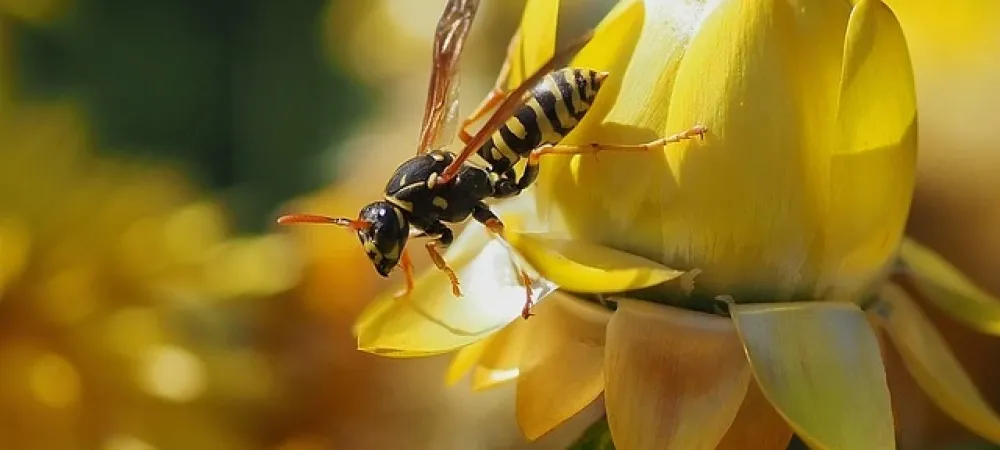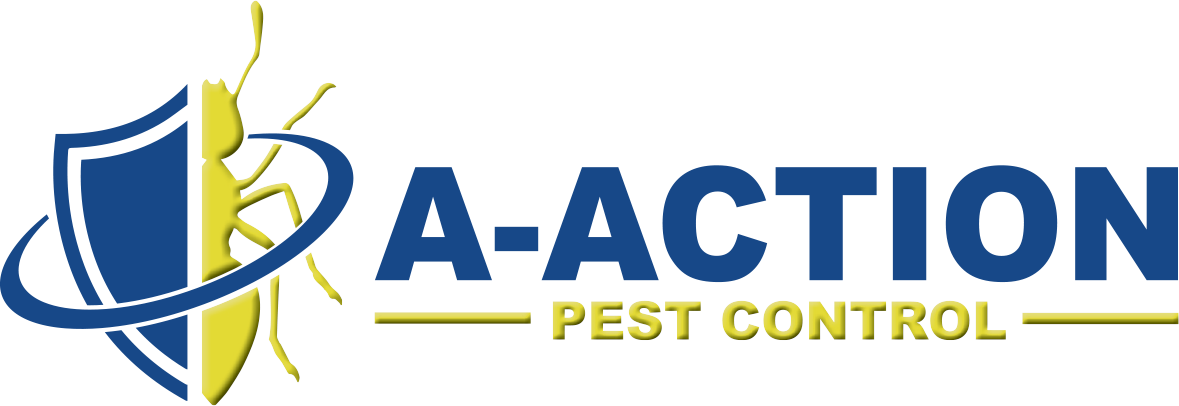Do Wasps Fly at Night?

Generally, no, wasps don't fly at night. While it's not impossible to spot a wasp flying at night, it's relatively rare compared to their daytime activity. However, certain species of wasps, such as hornets, may exhibit increased activity during dusk or early evening as they return to their nests.
Do Wasps Sleep?
Wasps do not sleep in the same way that mammals do. They do not have eyelids or a central nervous system that regulates sleep. However, wasps do have periods of inactivity, particularly during the nighttime when they rest. During these periods, wasps may appear motionless or less active, but they are still alert to potential threats and can quickly respond to stimuli.
Where Do Wasps Go At Night?
Wasps usually go to their nests at night. Some species of wasps construct nests in underground burrows, providing further protection from nocturnal dangers. While their exact whereabouts may vary depending on the species and environmental factors, wasps generally seek out secure locations where they can remain undisturbed until daylight returns.
Can Wasps See In The Dark?
Wasps do not possess true night vision like some nocturnal animals do. While wasps have compound eyes that are well-adapted for detecting movement and patterns, their vision in low light conditions, such as at dusk or dawn, is limited compared to their daytime vision. During nighttime hours, wasps typically rely on other senses and instincts rather than sight to navigate and locate shelter.
Are Wasps Attracted to Light?
While wasps are not as strongly attracted to light as some other insects like moths, they can still be drawn to it, especially if the light is associated with a potential food source. You can read more on our blog about keeping stinging insects out of your light fixtures.
When Are Wasps Most Active?
Wasps are most active during the daytime, particularly in the warmer hours of the day. As diurnal insects, they tend to be busiest during daylight hours when temperatures are higher, and there is an abundance of sunlight. Other times they might be more active include:
- Morning: Wasps tend to become active shortly after sunrise as temperatures rise, making it an optimal time for foraging and nest maintenance.
- Afternoon: Wasps remain active throughout the afternoon, continuing to forage for food and tend to their nests until late afternoon or early evening.
- Early Evening: Some species may exhibit increased activity during dusk as they return to their nests, while others begin to decrease their activity levels in preparation for resting during the night.
Professional Wasp Control Services
At A-Action Pest Control, we understand the importance of keeping your family and pets safe from the threat of stinging insects like wasps. With our precision treatment, available as early as spring, we offer a comprehensive solution to protect your property. When you choose A-Action, our friendly exterminators will work with you to schedule a convenient appointment, often offering same-day service for your peace of mind!

